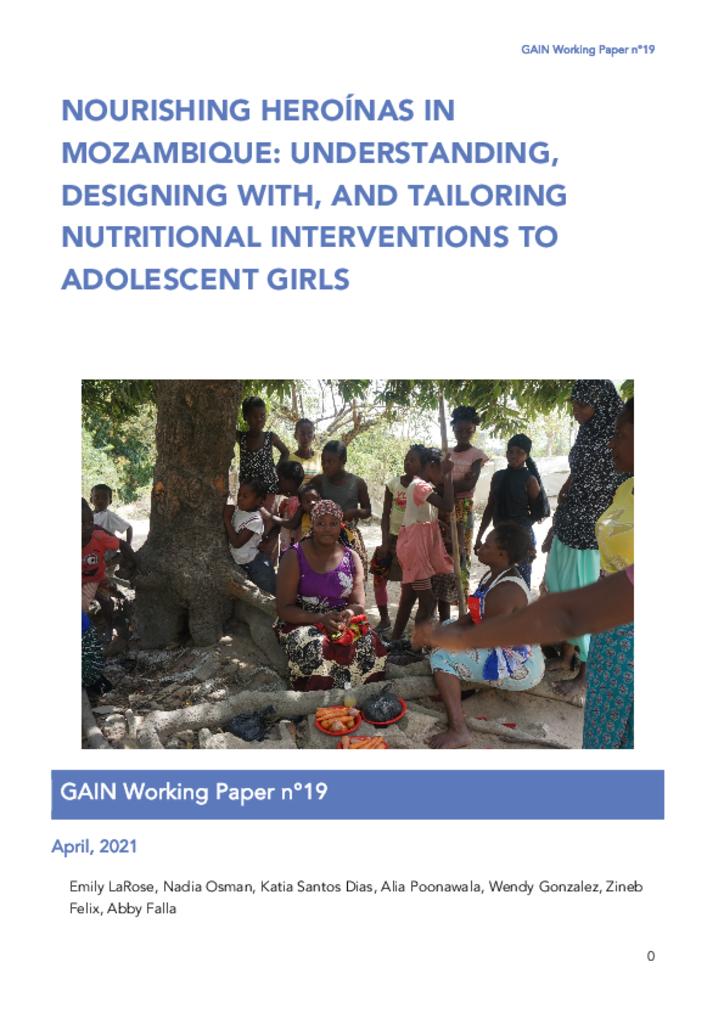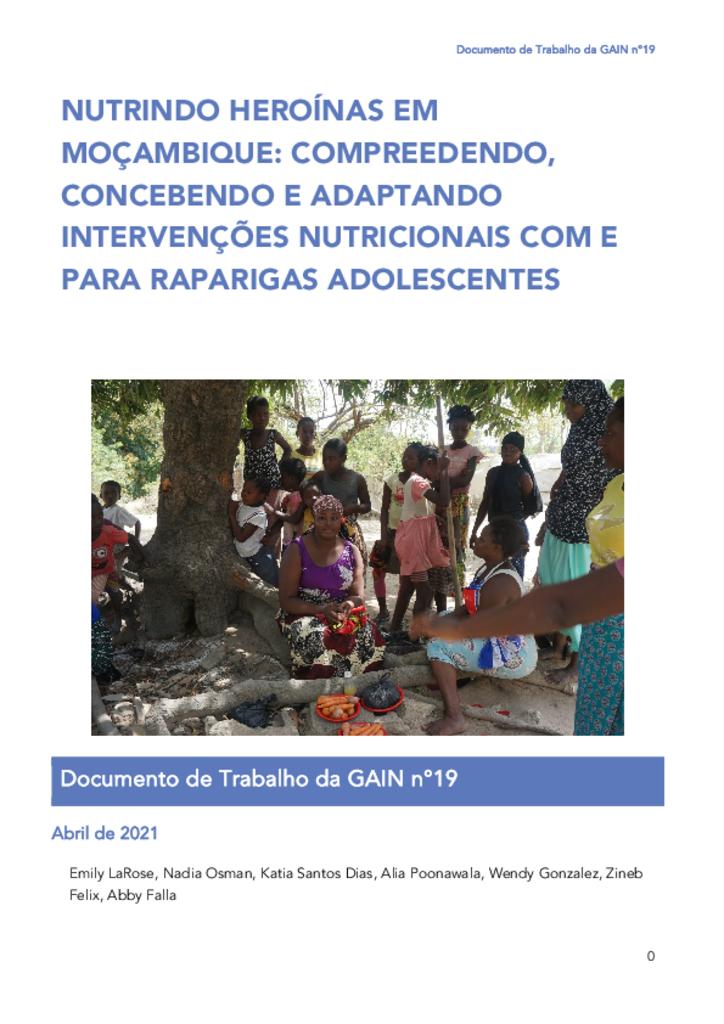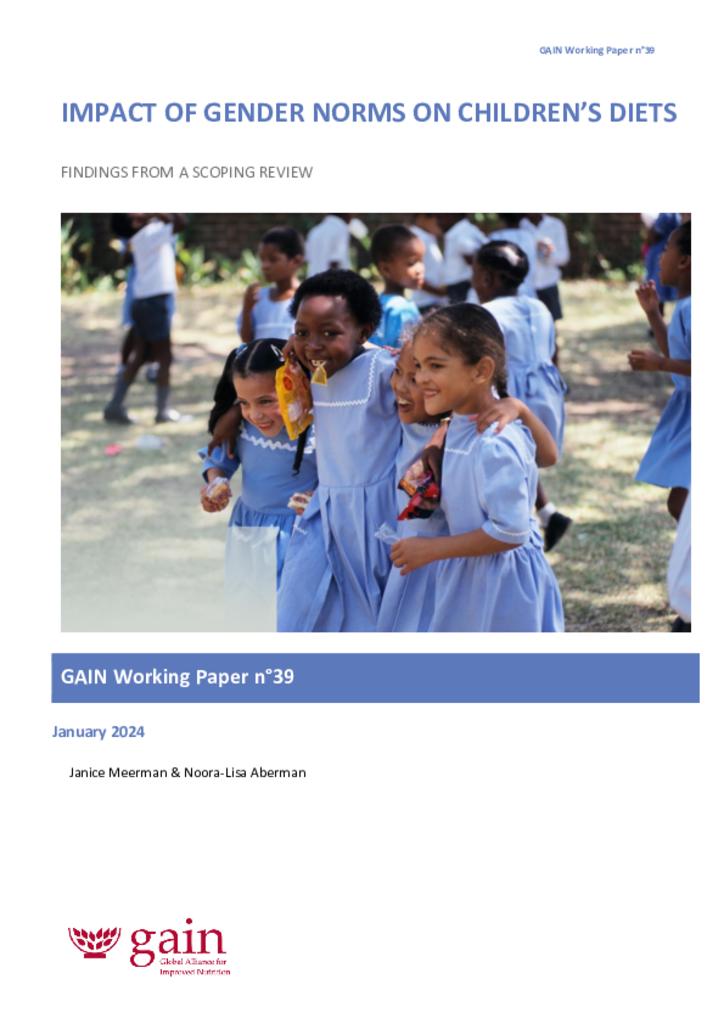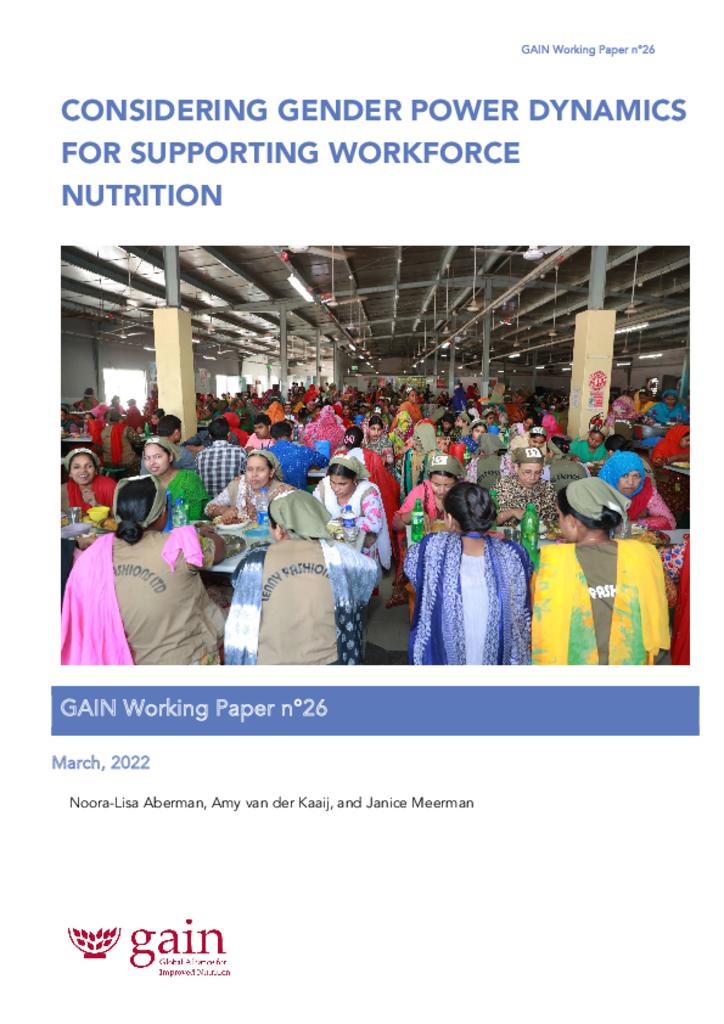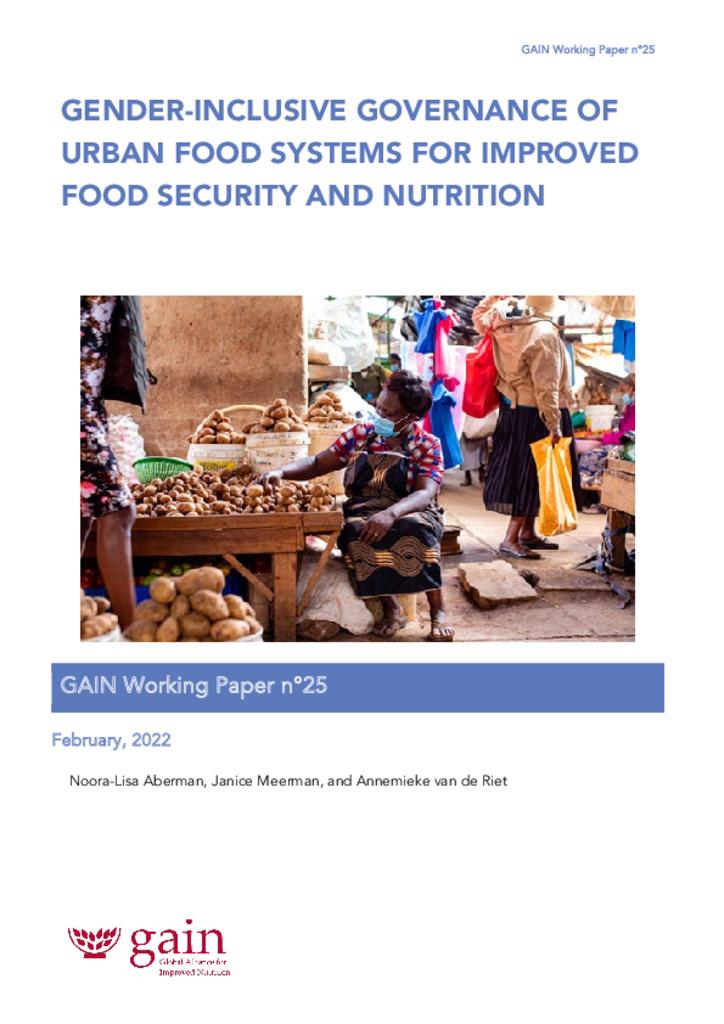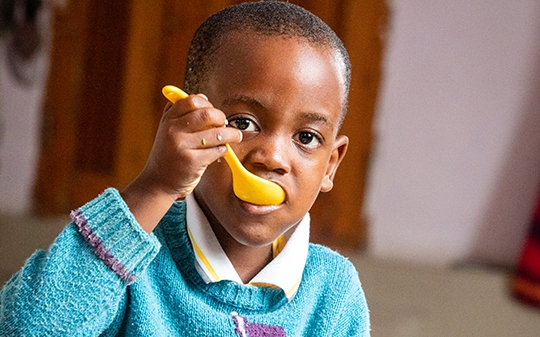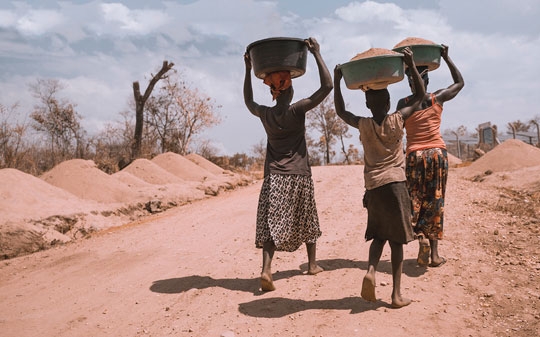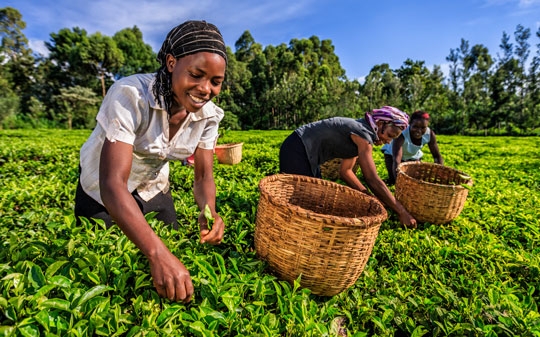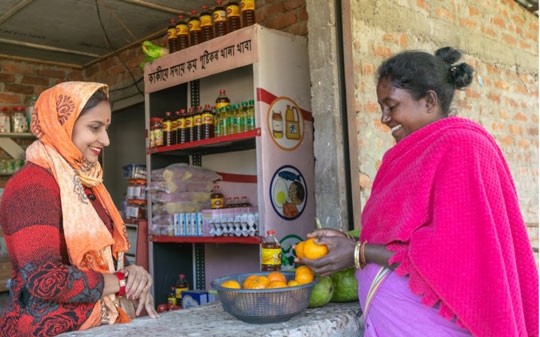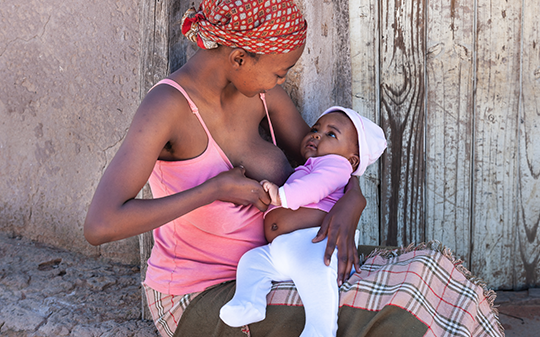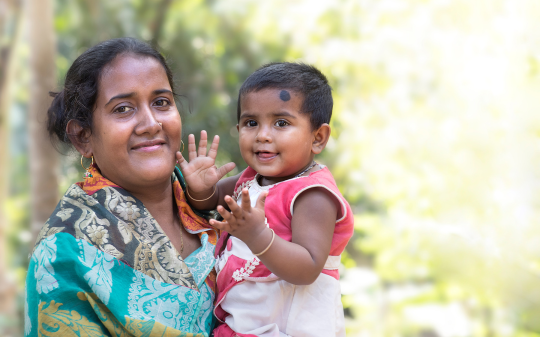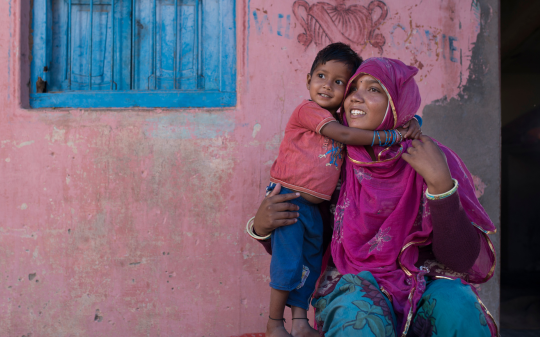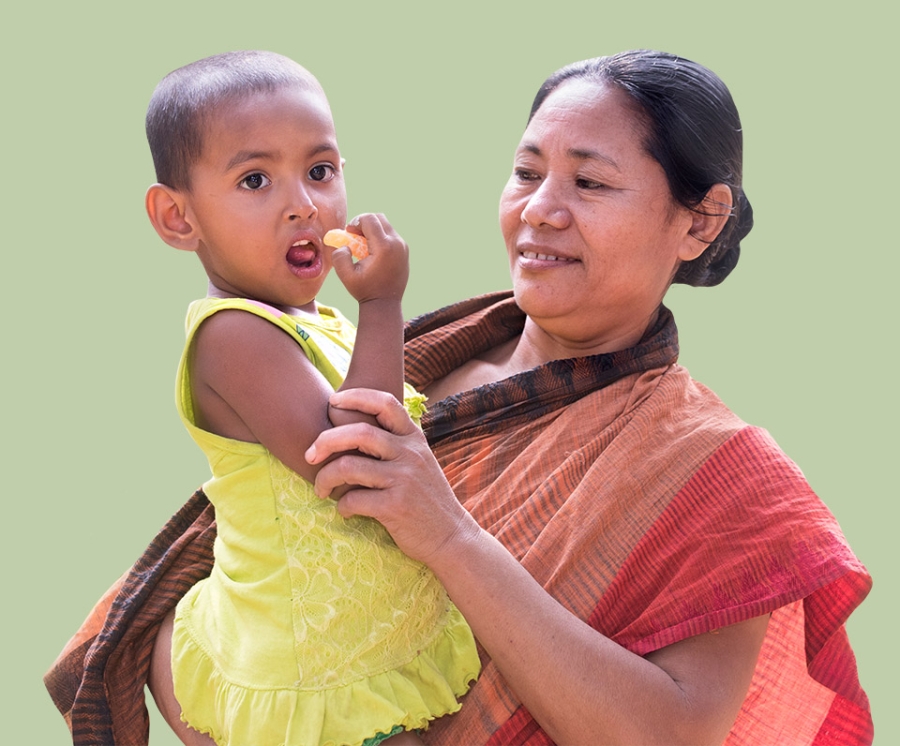
How we do it
The integration of gender considerations into all our activities is led by the Gender Team, through technical guidance and programmatic support to ensure that gender is effectively considered throughout the project lifecycle. GAIN’s 2019 Programmatic Gender Strategy sets out the rationale for and overview of actions needed to integrate gender into GAIN’s programming. Building on this strategy, the team has developed a set of screening tools for project design, delivery, and monitoring based on the Reach-Benefit-Empower-Normalize framework.
Strategic Focus: The Gender Team supports a results-oriented approach to institutional mainstreaming, integrating gender-specific indicators into project results frameworks, aligning them with GAINs Performance Management Framework (PMF). Project indicators and institutional key performance indicators are based on the Reach-Benefit-Empower-Normalize framework, ensuring accountability and effective progress monitoring. We track both project-level performance against gender-related targets and overall institutional progress toward our vision that all projects reach, benefit, and empower people of different genders and/or promote gender-equitable norms.

